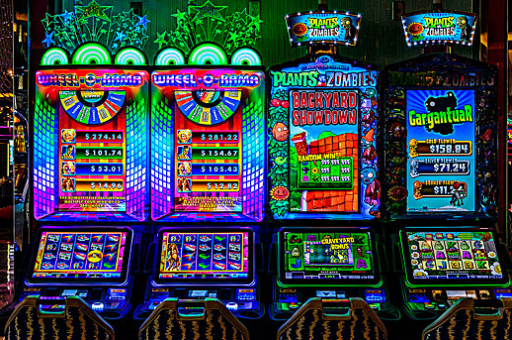Introduction:

Calculating true odds in horse racing is essential for any serious bettor looking to make informed decisions and maximize their chances of success. True odds represent the probability of a horse winning a race, taking into account all relevant factors such as past performance, track conditions, jockey skill, and more. While bookmakers provide odds for each horse in a race, these odds are often influenced by factors such as public perception and betting patterns rather than the true probability of each horse winning.
Understanding True Odds
Horse racing is a complex sport with numerous variables that can impact the outcome of a race. Understanding true odds requires a deep understanding of these variables and how they interact with each other. True odds are based on the probability of a particular event occurring, in this case, the probability of a horse winning a race. To calculate true odds, one must consider all relevant factors and assign probabilities to each possible outcome.
One of the key factors to consider when calculating true odds is the past performance of the horse. This includes factors such as the horse's recent form, its performance on similar tracks and distances, and its record against the competition. Horses that have consistently performed well in recent races are more likely to have favorable true odds compared to horses with poor recent form.
Another important factor to consider is the track conditions on race day. Different horses perform differently depending on factors such as the track surface (e.g., dirt, turf), weather conditions, and track configuration. A horse that excels on a dry, fast track may struggle on a wet, muddy track, and vice versa. Factoring in track conditions when calculating true odds ensures that bettors account for this important variable.
Evaluating Jockey Skill
The skill and experience of the jockey can also influence the true odds of a horse winning a race. A talented jockey can often make a difference in a close race, using strategic positioning and expert riding skills to give their horse the best chance of success. When evaluating true odds, it's important to consider the reputation and track record of the jockey, as well as their familiarity with the horse.
Other factors that can impact true odds include the horse's post position, its weight allocation, any recent injuries or health issues, and the overall quality of the competition in the race. By carefully analyzing all of these factors and assigning probabilities to each possible outcome, bettors can arrive at more accurate true odds and make more informed betting decisions.
Calculating True Odds
While calculating true odds in horse racing requires a thorough analysis of all relevant factors, there are several methods that bettors can use to estimate these probabilities.
One common approach is to use historical data and statistical analysis to assess the probability of each horse winning based on past performance. This can involve analyzing factors such as speed figures, pace ratings, and class levels to identify patterns and trends that may indicate which horses are more likely to win in a given race.
Another method is to incorporate subjective judgments and expert opinions into the analysis. This can involve consulting with racing experts, trainers, and other insiders who may have insights into factors that are not easily quantifiable. While subjective opinions should be used cautiously and not relied upon exclusively, they can provide valuable insights that complement quantitative analysis.
Using Probabilistic Models
Some bettors may also use probabilistic models and mathematical formulas to calculate true odds. These models take into account various factors and assign probabilities to each possible outcome based on a mathematical framework. While these models can be complex and require a deep understanding of statistics and probability theory, they can provide a systematic and objective approach to estimating true odds.
Ultimately, calculating true odds in horse racing is as much an art as it is a science. It requires a combination of analytical skills, domain knowledge, and intuition to arrive at accurate probabilities for each possible outcome. By carefully considering all relevant factors and using a variety of analytical methods, bettors can improve their chances of success and make more profitable betting decisions.
The editor says: Calculating true odds in horse racing is a multifaceted process that involves analyzing numerous factors to estimate the probability of each possible outcome. By considering factors such as past performance, track conditions, jockey skill, and more, bettors can arrive at more accurate true odds and make more informed betting decisions. Whether using historical data, expert opinions, or probabilistic models, bettors can improve their chances of success by taking a systematic and comprehensive approach to calculating true odds.











No comments yet
Leave a comment